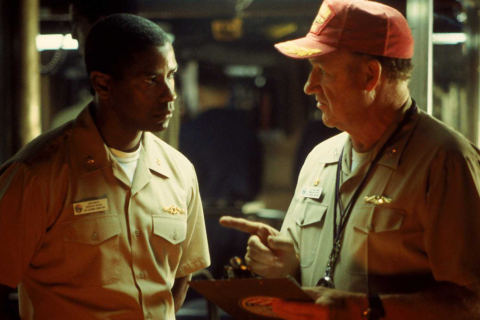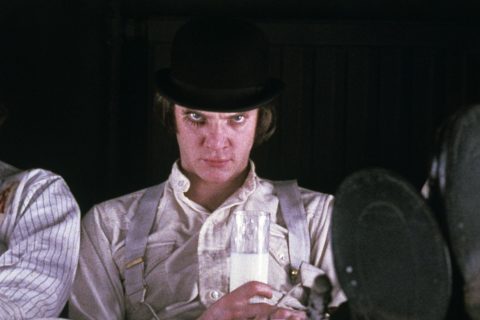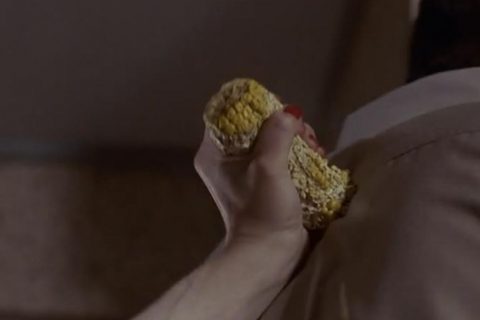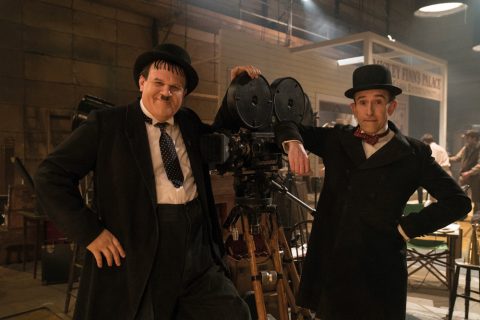The Other Barbie Movie
Think you know Barbie movies… think again…
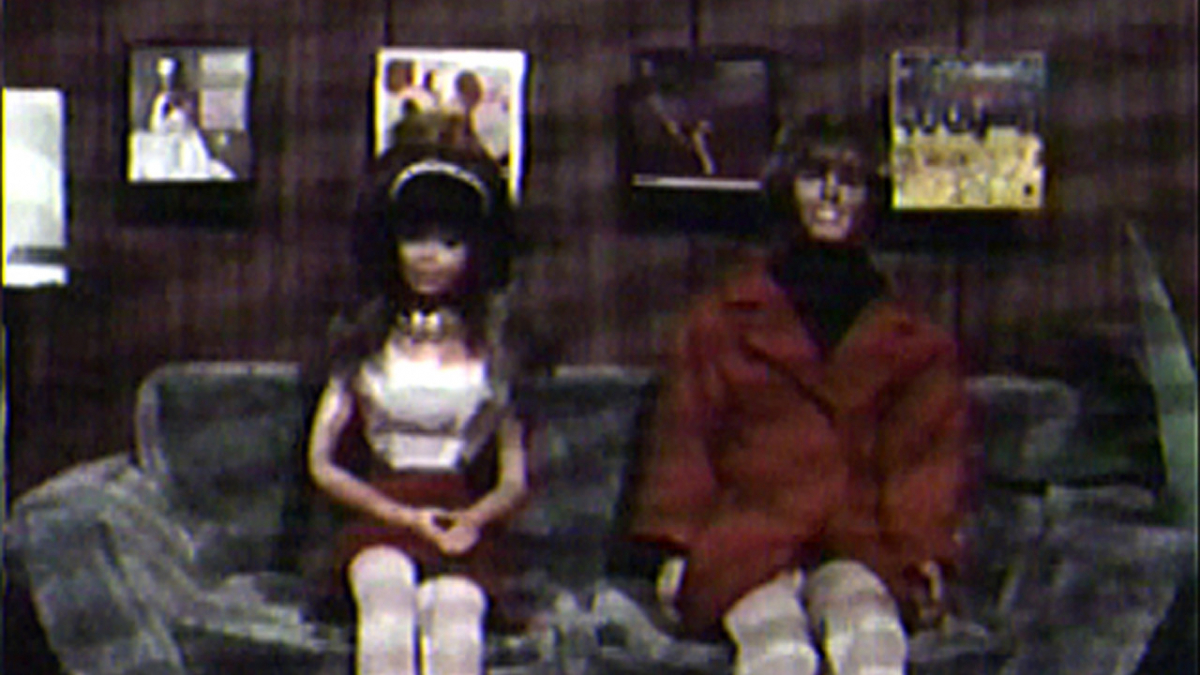
Some 36 years before Margot Robbie stepped into those ridiculously tall pink high heels, a much darker, dirtier Barbie movie made ripples in a very different way.
In 1987, Todd Haynes’ Superstar: The Karen Carpenter Story charted the rise and demise of singer Karen Carpenter, who died tragically from the effects of anorexia nervosa. The Barbiefied twist is Haynes played out the drama with a cast of plastic dolls. A satire of docudramas — in Artforum, Barbara Kruger dubbed it a “doll-u-drama”— Superstar is just 43 minutes long but is jam-packed. There’s a mash-up of archive footage (President Nixon, the Vietnam War, anti-war demos), talking head interviews, faux high school information films and a series of intense scenes all played out with Mattel merch. In all its lo-fi glory, Superstar boasts lofty ambitions, deftly exploring how female celebrity personas are constructed and the ways tragic narratives are manipulated and manufactured. It’s just a shame that the film has been pulled from release — more on that in a minute — and virtually unseen in anything other than grimy YouTube versions.
The initial idea for Superstar came from Haynes desire to make a film starring dolls after seeing a vintage black and white ‘50s promo designed to introduce Barbie to the American public. The ad depicted a miniature scene with Barbie lounging around her living room, showing her dress to her bestie Midge, all intercut with live action footage of a little girl opening up a mailbox — artily shot from inside the mailbox — and discovering her Barbie Fan Club mail.

“I became really intrigued with the idea of doing a fairly straightforward narrative drawing on pre-existing forms, but simply replacing real actors with inanimate objects, with dolls,” Haynes said on the film’s release. “And being very careful with it and detailed in such a way it would provoke the same kind identification and investment in the narrative as any real movie would.”
The “pre-existing form” Haynes glommed onto was the TV movie-of-the-week that often parlayed real life tragedies into weekday evening entertainment. Beginning with Agnes Carpenter discovering her daughter Karen near dead in her bedroom (“Why, at age 32, was this smooth-voiced girl from Downey, California, who led a raucous nation smoothly into the ‘70s, found dead in her parents’ home?” intones the super-serious voiceover), Haynes opening tees up the film’s balance of tragedy and dark, TV trope skewering humour.
Looking for content to fit his form, Haynes found the perfect fit in ‘70s superstars The Carpenters. “At first those songs seem banal and manipulative and over sentimental,” Haynes said. “They gain a new kind of depth as we learned how Karen Carpenter has suffered. There’s a real sadness and the voice gets all the more beautiful as you find out. You listen to it and you can’t stop.” As toothless as The Carpenters music was, that Haynes didn’t clear any of the licencing rights would later bite the filmmaker in the arse.
The film was conceived and shot over 18 months while Haynes was a student at Bard College in upstate New York. Co-written with Cynthia Schneider, shot by Barry Elsworth, and with Bob Manett acting as a Ken of all trades, Haynes recalled the shoot as “a very small core group of maniacs working insane hours. I mean, the film was fun but it was really hard. I underestimated how long everything would take.”
With Karen Carpenter a brunette, the title role didn’t go to blonde Barbie. Instead, Karen is portrayed by dark-haired Tracy, the ‘80s equivalent of original Barbie BFF Midge, while sibling Richard was played by a Ken doll adorned by various hair-pieces. When it came time to portray Karen debilitated by the effects of anorexia, Haynes used non-Mattel dolls purchased at a flea market — “It was what you got if your parents couldn’t afford Barbie,” Haynes’ current producer Christine Vachon told an audience at the Karlovy Vary Film Festival— and gave them a radical makeover. “They were dolls that were extremely thin already but their faces were kind of round so I wanted to carve down the cheeks and then cover them with pancake make-up and have very creepy effects.”
If this sounds distasteful and disrespectful, it isn’t. Haynes has a real feeling for Karen’s plight, detailing her descent with clear-eyed compassion — in many respects, Carpenter fits perfectly into the gallery of immaculate-on-the-outside, fragile-on-the-inside women that subsequently populated Haynes’ films from Far From Heaven to Carol.
After appearing at festivals during in 1987 and 1988, the film played in New York in 1989, until it unsurprisingly angered the Carpenter family for its depiction of Karen’s control freak, possibly abusive parents and also for slyly suggesting that Richard was a closeted homosexual. On the counter, Richard avoided addressing all the personal family accusations and successfully served three cease and desist letters for unauthorised usage of The Carpenters’ music — just like me, they long to be… slapped with an all-silencing injunction.
After the film was successfully withdrawn from circulation in 1990, Superstar became an actual cult classic — rather than a pre-packaged, pre-marketed one — earning a covert second life on bootleg video, then DVD and now on the internet (with Portuguese subtitles), if you can find it.
“It pops up on YouTube all the time,” observed Vachon. “It’s kind of like Whac-A-Mole. It pops up and gets taken down.” A couple of years ago, the film was remastered by UCLA and Sundance in a version Haynes described as “so beautiful.” He feels confident that, once the film has been annotated to provide all the sources of information, Superstar will enjoy a second life on the big screen.
“It’s been shown a couple of times, not announced publicly, and not for any fee, not for any ticket, under the terms of its cease and desist,” Haynes told Entertainment Weekly last year. “Every time I see it now, I’m just like, ‘Oh, man, I’m so lucky that we have this version out there.’ It’s not something we’re working on at the moment, but it’s going to happen — it will happen.” Gerwig’s new film is different in practically every way from Superstar — in budget, scale, A-list actors, authorised needle drops — but they do share one similar trait: a satiric eye for the dangers of women making their way in a world full of men. Fingers crossed Haynes gets his way and the ultimate fantastic-in-plastic double bill arrives in cinemas soon.









